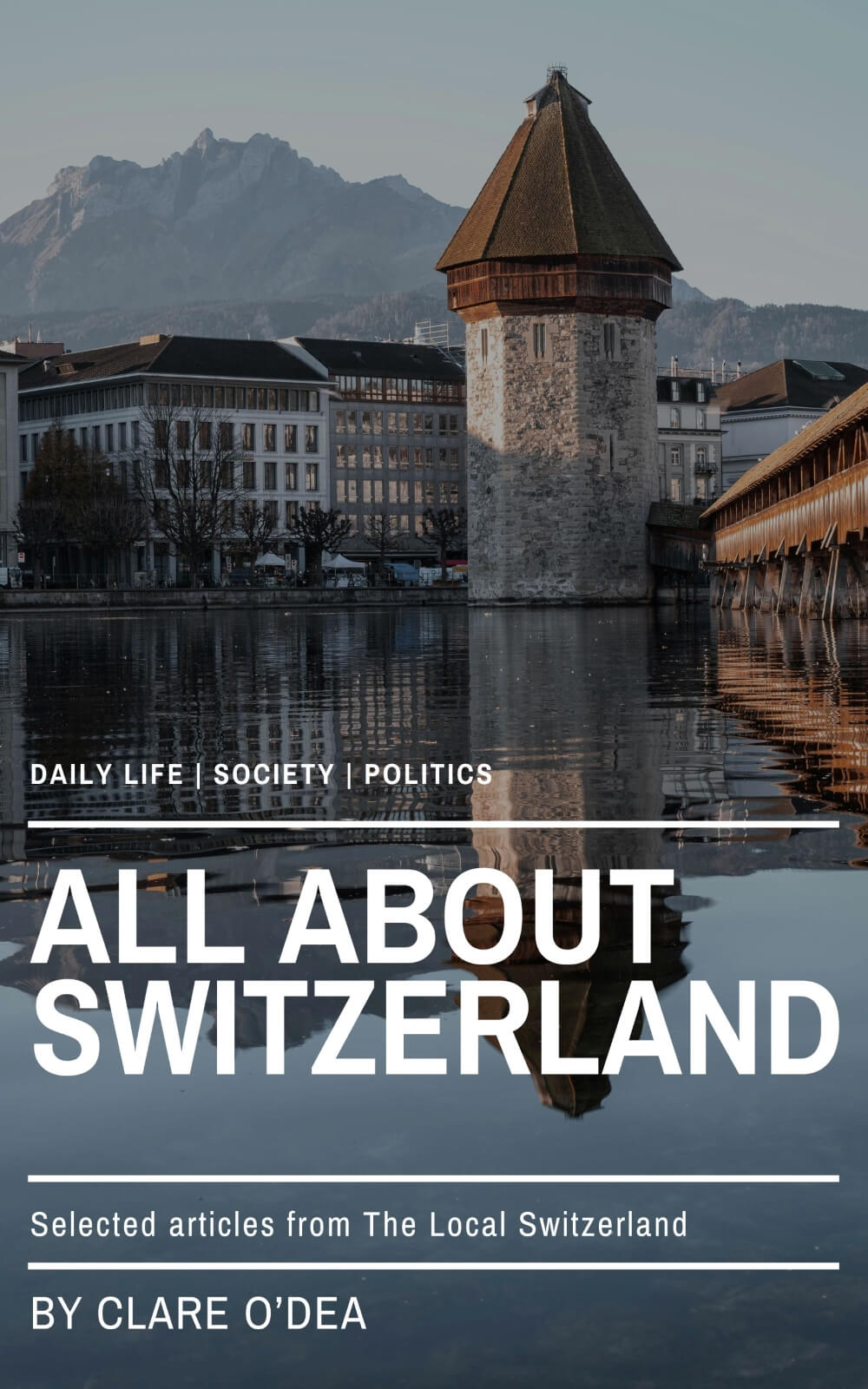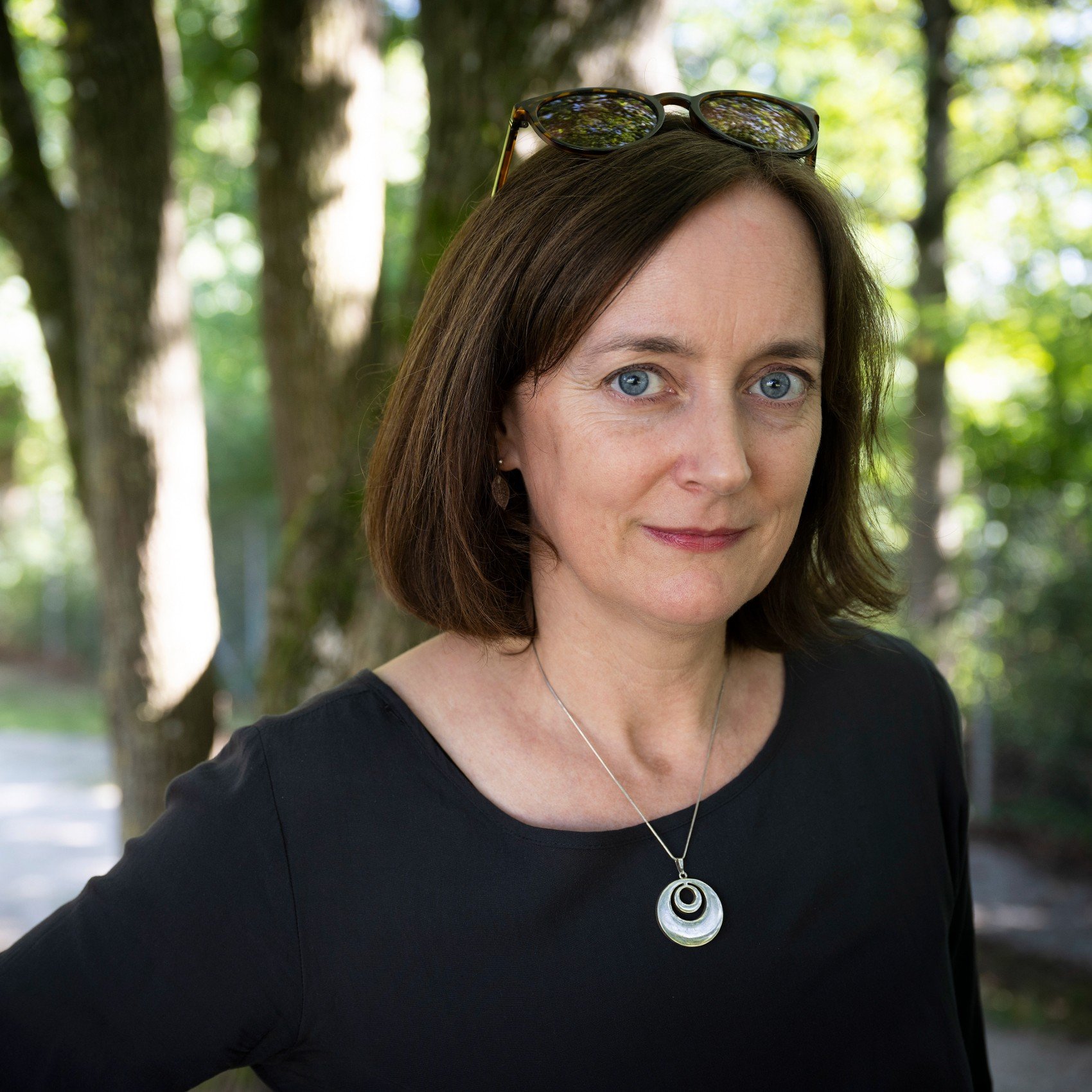Applying to get Swiss citizenship is not an easy or straightforward process, and there are several strict rules. Another thing that could stand in the way of a Swiss passport is some minor offences (and, yes, speeding can be counted here). Here’s a deep dive into what you should be aware of:
We at The Local love exploring Swiss food and culture. So we had to write about Ovomaltine – a chocolate flavoured drink made from malt extract and dried eggs, which is dissolved in cold or hot milk. It is less sweet than a traditional cocoa drink, with a malty flavour, and is a huge favourite in Swiss households, especially among children.
Switzerland is undoubtedly a wealthy country. But the amount of money you need to take home to be considered rich varies depending on where you live. We break down the averages and figures here:
Many of our readers have come to Switzerland from abroad for work and are wondering what language they should learn. For those in mainly German-speaking environments, we spoke to a language expert to answer the question of whether it’s better to start with standard German or a Swiss German dialect. Read more here:
Switzerland’s largest city – Zurich – is set to introduce a minimum wage from 2024. This wage is intended mainly for an estimated 17,000 low-income Zurich residents, two-thirds of whom are women. Here’s a look at what else you should know:
Interestingly, Switzerland is one of only five nations in Europe that has never introduced minimum wages nationally. But some cantons have introduced them or are about to (as is the case in Zurich). Here’s our updated explainer about the minimum wage in Switzerland





 Please whitelist us to continue reading.
Please whitelist us to continue reading.
Member comments